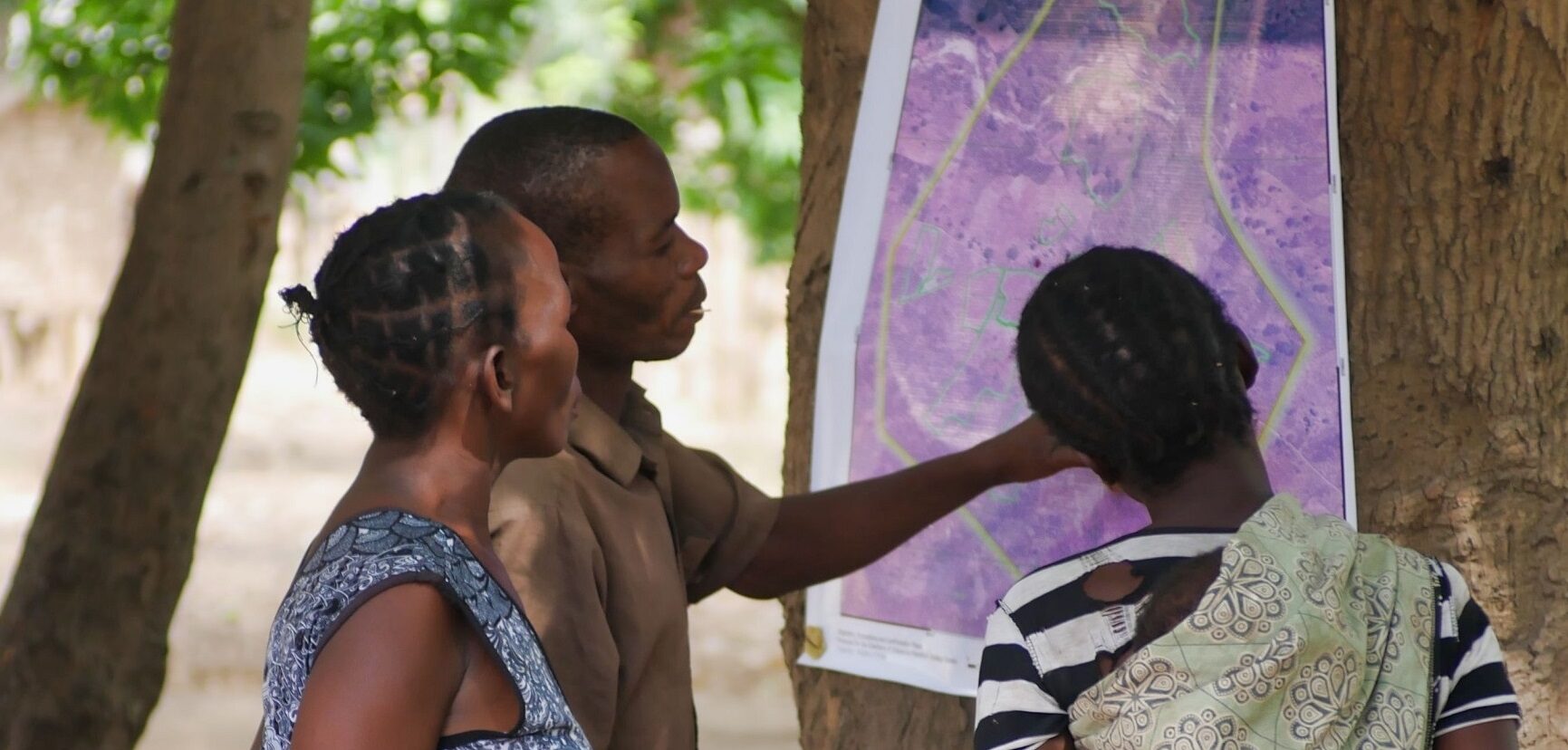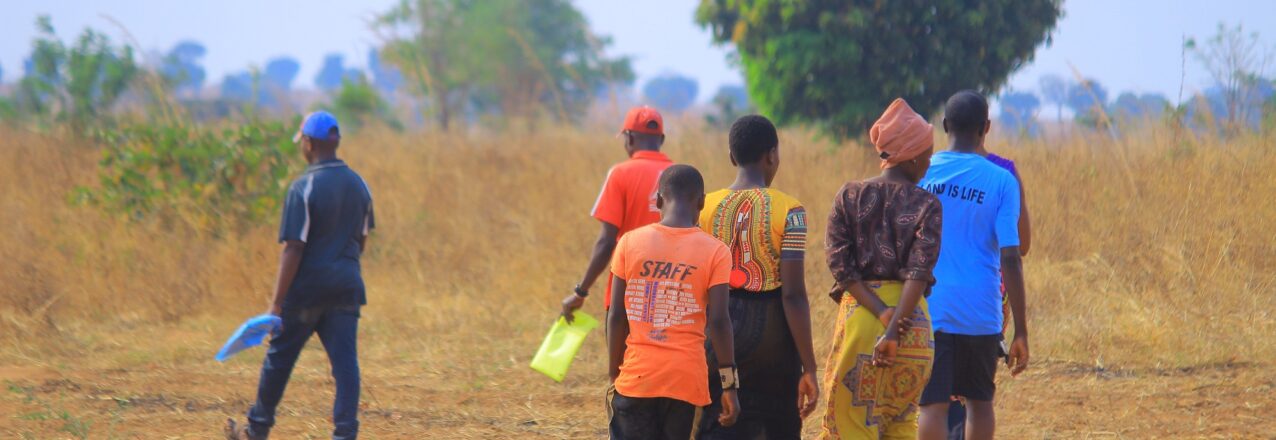Different forms of GBV are linked to land documentation, including economic violence such as a denial of land access, ownership, and inheritance rights, forced displacement, and property grabbing. Banner Photo credit CLEMENT CHIRWA – TETRA TECH
A USAID brief, published to mark 16 Days of Activism against Gender-Based Violence, reveals important lessons from land rights registration activities in Zambia
Securing women’s land rights is an important global development goal and has been linked to significant gains in women’s economic empowerment and community development. At the same time, the process of documenting these rights can create resentment and increase conflict not only between spouses, but also within families and communities, often leading to gender-based violence. This is one of the overarching lessons gleaned from land documentation data collected by USAID in recent years.

When the opportunity to register land rights is introduced to a rural community, it can create a sense of urgency and prompt people to confirm land boundaries and resolve long-standing disputes over ownership through a rapid process, risking the exclusion of people from registering their rights, especially vulnerable groups such as elderly and single women and women with disabilities.
“We have come to realize there is a damned-if-you-do and a damned-if-you-don’t dynamic at play. Either women are excluded from land, which is a form of gender-based violence, or if they assert their rights, they are subjected to other forms of violence ” explains Patricia Malasha, Zambia Gender and Social Inclusion Advisor for the USAID-funded program Integrated Land and Resource Governance (ILRG) and one of the authors of the brief.
“We can’t just ignore gender based violence in land documentation.”
For the last five years, USAID has promoted customary land documentation in Zambia, supporting partners to document the land rights using Mobile Approaches to Secure Tenure (MAST). This has resulted in registration of over 30,000 parcels of land benefiting 50,000 people, of whom nearly half are women. The approach is socially inclusive and promotes gender integration to ensure that women’s land rights are registered.
Since 2019, USAID’s local partners have collected qualitative data and stories on gender-based violence while documenting customary land. The results, presented in the brief Gender-Based Violence and Land Documentation and Administration in Zambia, provide useful lessons and recommendations that have the strength to inform and guide how rights documentation processes proceed.
The personal stories illustrated in the brief are powerful examples demonstrating that the protective role of secure land rights and their ability to increase women’s power to renegotiate relationships is not straightforward. Well-intentioned pressure to reach high targets of parcels documented in short periods of time can increase the risk of conflict within communities, as well as gender-based violence. Similarly, pushing for the inclusion of women in land records or joint titling without engaging in parallel work to address broader gender norms may inadvertently put women at risk.
The brief was published in order to continue the dialogue around gender-based violence and as part of the International Day Against Violence Against Women on November 25, and the following 16 Days of Activism that finalize on Human Rights Day, December 10.
USAID will continue to identify and mitigate risks related to gender-based violence and its relationship to land rights registration activities over the next three years under the USAID Integrated Land and Resource Governance Program across intervention countries.
Click Here To Download The Full Brief


